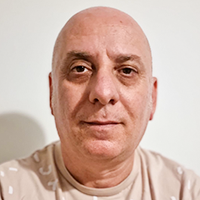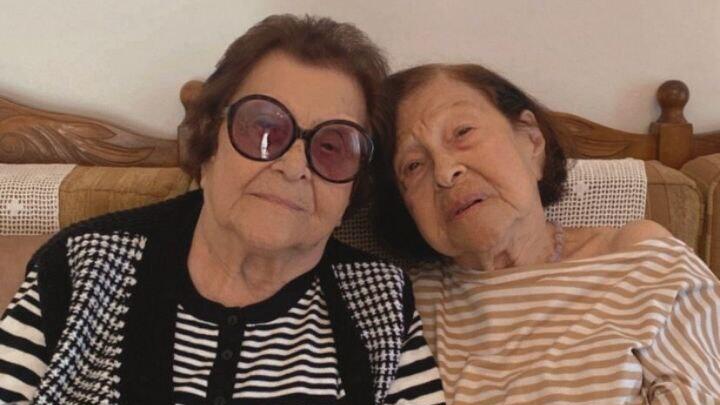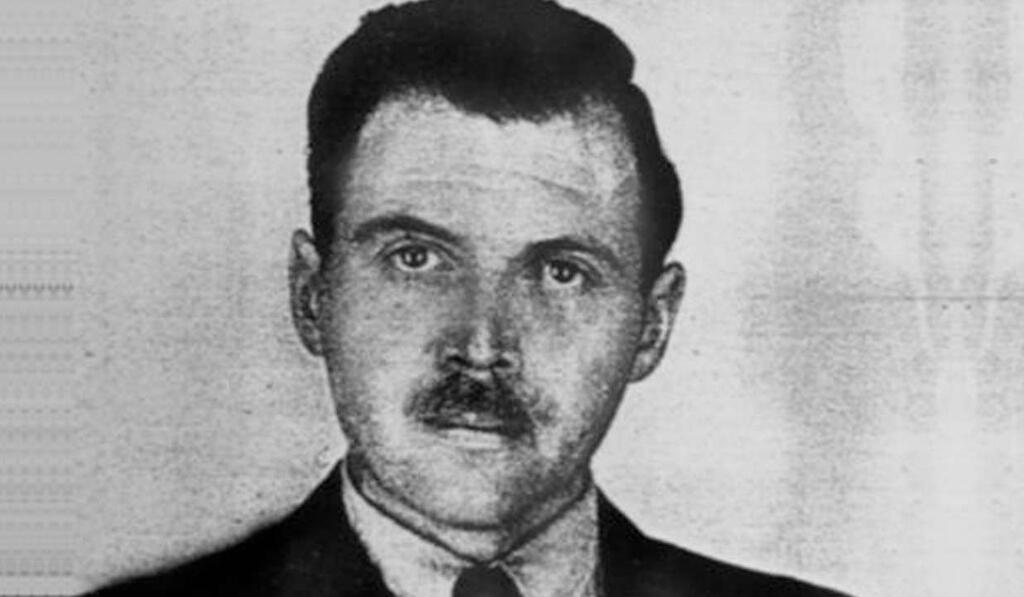Frida Wassermann Gogh, one of the last of the Mengele Twins - the Jewish twins on whom Nazi Dr. Josef Mengele conducted cruel experiments during the Holocaust — died at the age of 95 and was buried in a cemetery in Nof HaGalil located in Israel’s north.
More stories:
Wassermann Gogh left behind a twin sister, a younger sister, one son, four grandchildren, 12 great-grandchildren, and two great-great-grandchildren. She was born in Uzhhorod, which was part of Hungary during World War II and is now part of Ukraine. She and her twin sister led a Jewish lifestyle, studied and graduated from Jewish schools, and planned to immigrate to Israel.
"They were 11 years old when World War II began," recounted Andriana Simanovich, 53, Wasserman Gogh's granddaughter. "At first, they continued to live with their families, and after a few years, all the Jews in the city were arrested and sent to the Auschwitz concentration camp by train.
“When the train arrived, Mengele was there conducting the selection. He immediately noticed the twin sisters and demanded to take them with him. Another officer separated between their mother and their father and brother - the father and the brother were sent to a labor camp, and the mother was sent to the gas chambers."
Simanovich added, "Mengele conducted experiments on them; he wanted to check how he could improve the German soldiers. He separated all the twins for each experiment and placed each twin in a separate room. My grandmother described to me how he used to hurt her, cause her pain, and harm her, checking if and how it affected her twin sister. He did the same to the other twin.”
“He also used to extract my grandmother's blood and transfer it to her sister, and vice versa,” she described. “This continued until the end of the war. Both of them said he was very good to them. He didn't physically conduct the experiments; other officers did that. He stood by and supervised the experiments. They described him as someone who brought them food and seemingly tried to take care of them. He did everything so that they wouldn't die, and he could continue with his experiments."
"My grandmother and her sister survived the death march following the war and were adopted by a family for several months," Simanovich continued. "Their father, who had friends in the Russian army, managed to locate them and sent people to rescue them and help them return to their hometown. They returned to live with their father; their mother was murdered in the Holocaust, and he remarried another woman from whom he had another son and daughter.”
“Frida's twin sister immigrated to Israel alone in 1946 as part of the Youth Aliyah, and they were then separated for 24 years until she and her husband immigrated to Israel in 1972. It was only then that they reunited, and since then, they haven’t been apart until Grandma died."
“A few years ago, representatives from Yad Vashem came and took a video testimony from Grandma and her sister about their difficult experiences during the Holocaust,” She recounted. “Grandma never spoke at all. The first time she said something about her time with Mengele was when my eldest daughter, who is Grandma's first grandchild, was in the 12th grade and went on a trip to Poland with her school. It was only then that she talked about the subject. It was very difficult for her to talk about it. She only mentioned that they underwent many tests.”
She added, "We lost a significant part of Jewish history, and we lost the one who raised us. Grandma was everything to us. In 1995, I lost my mother in a car accident; Grandma and Grandpa were with her in the car. Grandma Frida was seriously injured in the accident, and was comatose and on life support for a year. She struggled with severe disability until her last day."
On the day of death, Wassermann Gogh’s grandchildren decided to tattoo their arms with the phrase "I will be your victory," along with the sentence that was engraved on their grandmother's arm.
Nof HaGalil’s mayor, Ronen Plot, who also serves as Yad Vashem’s Deputy Chairman, personally acknowledged Frida’s death and accompanied her family. "Frida was and remains an inspiring woman, a true heroine who survived the Holocaust and, against all odds, raised a family with pride and perpetuated the memory of the Holocaust."






